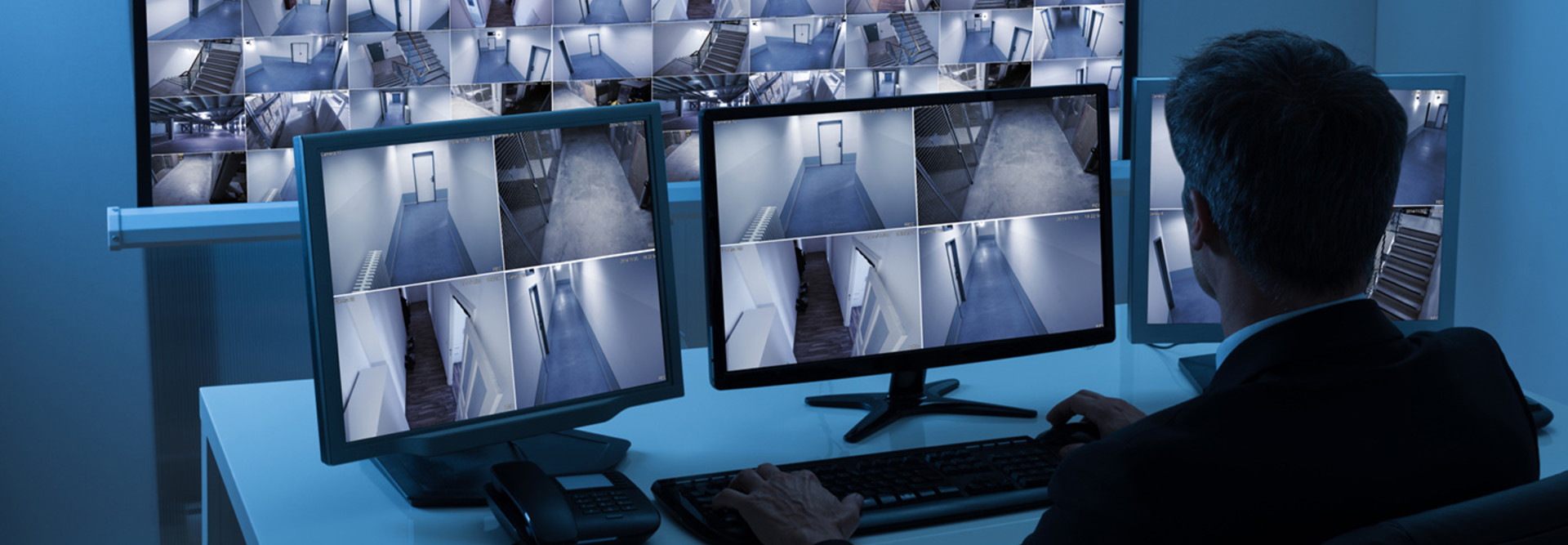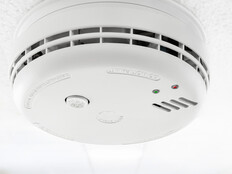Should Body Cameras Be Used at Schools?
Body cameras are changing the way police activity is monitored. But should that same level of oversight be applied to school principals and administrators?
Cameras at schools and on school buses have become commonplace, but recording an administrator’s everyday conversations with teachers, parents and students is moving into new territory.
The 4,300-student Burlington Community School District in Iowa plans to use body cameras at schools, clipped to the ties and lanyards of its principals and administrators.
The decision to deploy the devices followed an incident in which a Burlington Community School District middle school principal was wrongly accused of kicking a student. Security camera footage later exonerated the administrator, according to the Des Moines Register.
Body cameras, District Superintendent Patrick Coen told the Des Moines Register, help to reinforce “personal accountability.” Coen said he witnessed the effectiveness of the devices while serving in the Iowa Army National Guard in Afghanistan, where soldiers’ helmets were equipped with cameras.
The devices Burlington plans to purchase cost about $85 each and can be turned on or off at the wearer's discretion. Video and audio on the device are recorded onto an SD card. Administrators would be responsible for uploading the video at the end of the day, according to the Des Moines Register.
Burlington's decision caused an outcry among some. Conor Friedersdorf, staff writer for The Atlantic, believes the devices will do more to divide than unite communities: "In all sorts of ways, the costs of surveillance would probably outweigh the benefits. And that’s why the seemingly inexorable creep of this technology should be resisted — not accepted."
Slate’s Jessica Huseman, who has worked as a classroom teacher, argues that the cameras could create an antagonistic relationship between students and administrators.
“School officials in Burlington may genuinely believe they are serving the interests of students — but it’s clear these cameras are an imperfect idea,” she writes.
While the American Civil Liberties Union has been advocating for police agencies to adopt body cameras, ACLU Advocacy and Policy Counsel Chad Marlow draws a distinction between military and police operations and those of a school, telling ThinkProgress that he wonders if the district views its students as prison inmates.
It’s not the first time that the use of body cameras at schools has been debated. Earlier this year, several school districts considered whether school resource officers should wear the devices on school grounds if the law enforcement agency in which they serve requires its officers to wear them, Education Week reports.
More than 200 school police officers could be wearing the body cameras by next year, according to Houston Public Media.









